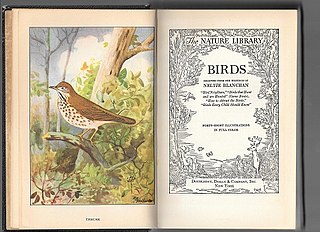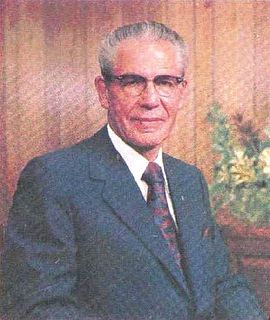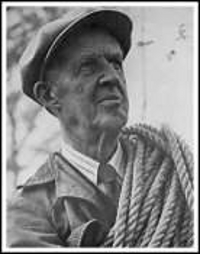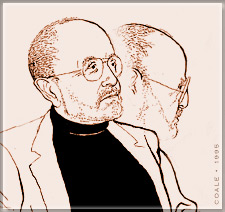A Quote by Neltje Blanchan
Is there any sign of spring quite so welcome as the glint of the first bluebird unless it is his softly whistled song? No wonder the bird has become the symbol for happiness. Before the farmer begins to plough the wet earth, often while snow is still on the ground, this hardy little minstrel is making himself very much at home in our orchards and gardens while waiting for a mate to arrive from the South.
Related Quotes
The bluebird enjoys the preeminence of being the first bit of color that cheers our northern landscape. The other birds that arrive about the same time--the sparrow, the robin, the phoebe-bird--are clad in neutral tints, gray, brown, or russet; but the bluebird brings one of the primary hues and the divinest of them all.
I observed that the successful farmer worked at his job. He would do his plowing, disking, harrowing, seeding, and harvesting in the proper season and at the proper time, while his neighbor was procrastinating, or off hunting and fishing while the work was still to be done. We must learn to set our priorities straight. No one can be successful in his line of work unless he works at it in the proper season and plays in the proper season.
I thought how utterly we have forsaken the Earth, in the sense of excluding it from our thoughts. There are but few who consider its physical hugeness, its rough enormity. It is still a disparate monstrosity, full of solitudes, barrens, wilds. It still dwarfs, terrifies, crushes. The rivers still roar, the mountains still crash, the winds still shatter. Man is an affair of cities. His gardens, orchards and fields are mere scrapings. Somehow, however, he has managed to shut out the face of the giant from his windows. But the giant is there, nevertheless.
The love-making of the bluebird is as beautiful as the bird itself, and normally as gentle, unless interrupted by some jealous rival who would steal his bride; then gentleness gives place to active combat. The male usually arrives a few days ahead of the female, selects what he considers to be a suitable summer home, and carols his sweetest, most seductive notes day after day until she appears in answer to his call.
the cold winds of insecurity... hadn't shredded the dreamy chrysalis of his childhood. He was still immersed in the dim, wet wonder of the folded wings that might open if someone loved him; he still hoped, probably, in a butterfly's unthinking way, for spring and warmth. How the wings ache, folded so, waiting; that is, they ache until they atrophy.
A man builds a house in England with the expectation of living in it and leaving it to his children; while we shed our houses in America as easily as a snail does his shell. We live a while in Boston, and then a while in New York, and then, perhaps, turn up at Cincinnati. Scarcely any body with us is living where they expect to live and die. The man that dies in the house he was born in is a wonder. There is something pleasant in the permanence and repose of the English family estate, which we, in America, know very little of.
The Violins waltzed. The Cellos and Basses provided accompaniment. The Violas mourned their fate, while the Concertmaster showed off. The Flutes did bird imitations…repeatedly, and the reed instruments had the good taste to admire my jacket. The Trumpets held a parade in honor of our great nation, while the French Horns waxed nostalgic about something or other. The Trombones had too much to drink. The Percussion beat the band, and the Tuba stayed home playing cards with his landlady, the Harp, taking sips of warm milk a blue little cup. “But the Composer is still dead.
The poor dog, in life the firmest friend, The first to welcome, foremost to defend, Whose honest heart is still the master's own, Who labours, fights, lives, breathes for him alone, Unhonour'd falls, unnoticed all his worth, Denied in heaven the soul he held on earth, While man, vain insect hopes to be forgiven, And claims himself a sole exclusive heaven.



































